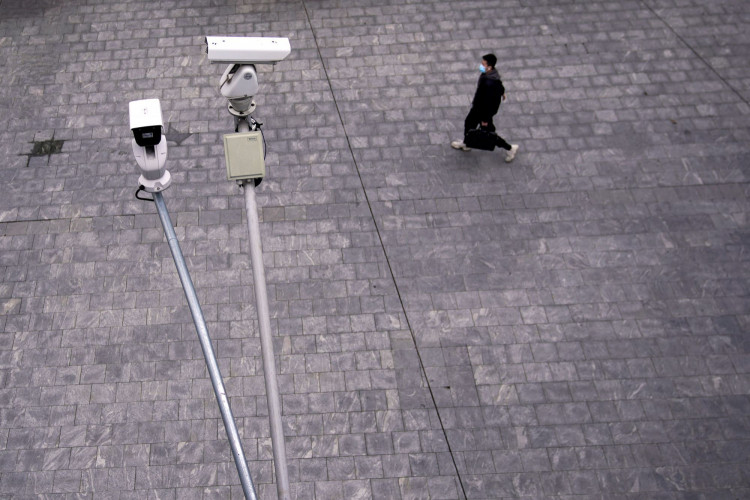South Korea has agreed to reopen business travel to China and vice versa. The move was referred to as Beijing's first formal bilateral program to mitigate border controls and aid in the restart of economic activity amid the pandemic.
China and South Korea agreed to ease quarantine restrictions for some business travelers to 'fast-track' entry into Chinese and South Korean borders. According to a statement from the South Korean Ministry of Foreign Affairs, South Korean business staff would be allowed to travel to 10 Chinese regions.
This May 1, 2020, South Korean business personnel may travel to China. The travel restriction would be lifted in three major cities and seven provinces in the country. Hence, South Korean business travelers may enter Shanghai, Chongqing, and Tianjin after passing health screening and quarantine procedures upon arrival. The quarantine restrictions would also be minimized.
According to Bloomberg, China is also in the process of easing travel restrictions from other locations. However, the limitation would only extend to countries that experience similar reciprocity as to the number of coronavirus cases. The European Union's Chamber of Commerce claimed that Beijing is also in the process of establishing a fast-track system for foreign travelers that shall indicate the urgency of their trip.
China has been strengthening its controls against foreign travelers since the pandemic affected several countries around the world. Although South Korean President Moon Jae-in has been scrutinized for lax methods against Chinese travelers, the successful efforts of both countries reduced the political risks in losing the quarantine measures.
Business travelers from South Korea allowed into China would need to receive an invitation from a China-based company to be allowed entry. They would also be screened for their health conditions for two weeks and get tested for coronavirus within 72 hours before departure. According to South Korea's foreign ministry, upon arrival in China, South Korean passengers would also be quarantined for up to two days and undergo another test before they would be allowed entry. The same procedure would be observed on Chinese travelers entering South Korea.
The Chinese Ministry of Foreign Affairs claimed that the fast-track channel would improve business, logistics, industrial production, and technical services between the countries. It was also announced that relevant people from both jurisdictions might apply for travel visas and be subjected to tests and other precautionary measures as they travel cross-country.
The ministry added that these travelers might resume their normal activities under the 'closed-loop management' method.






